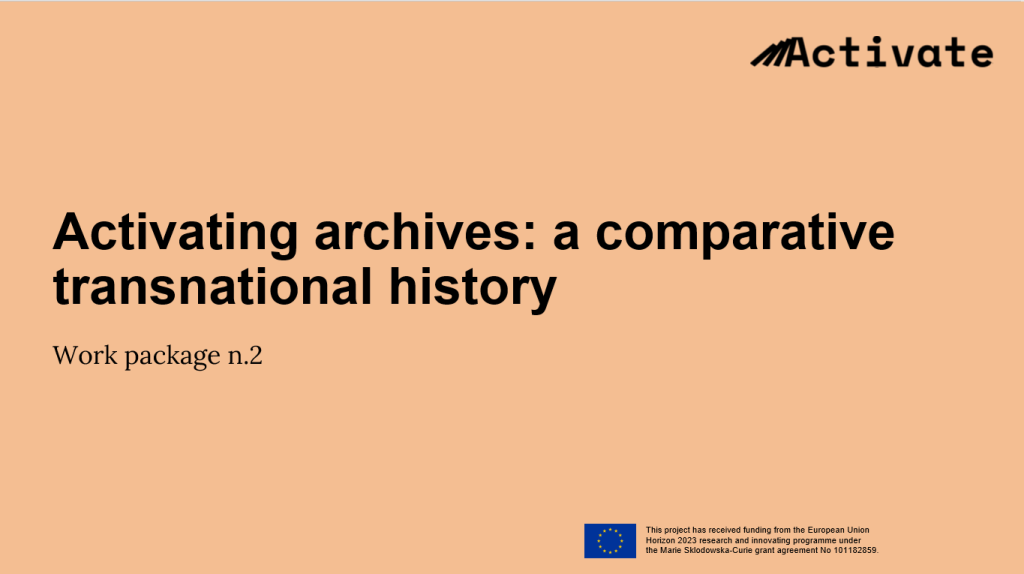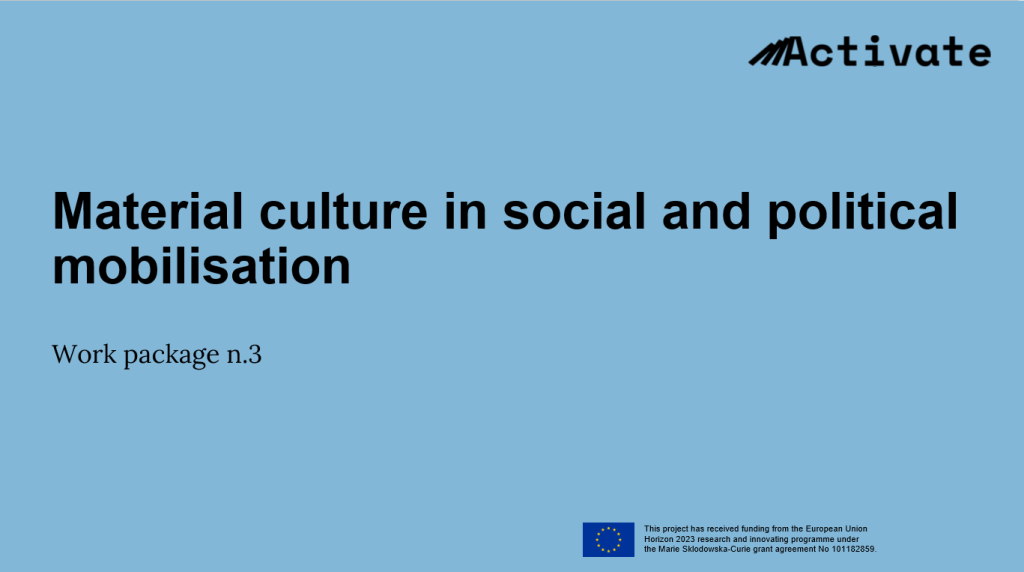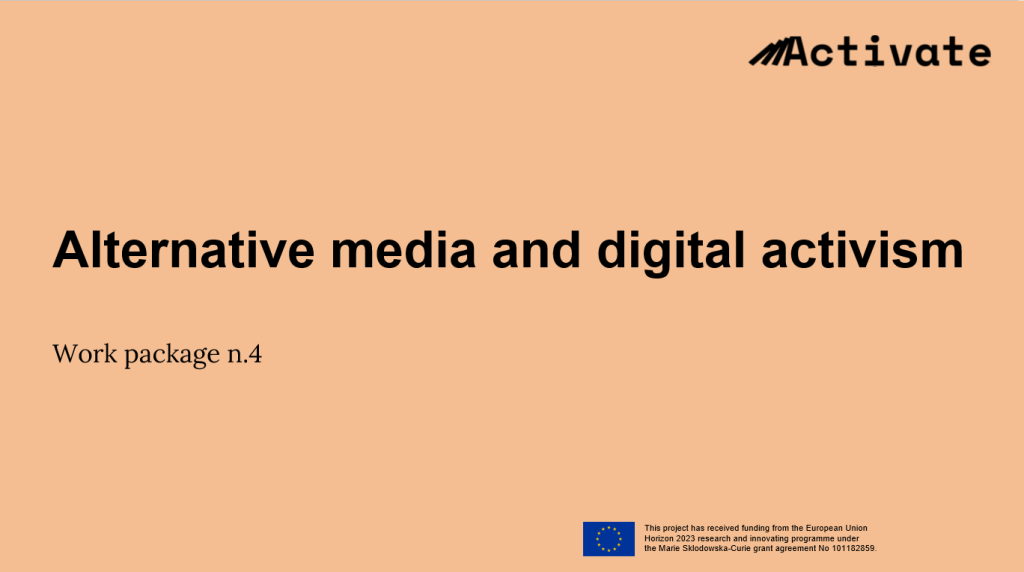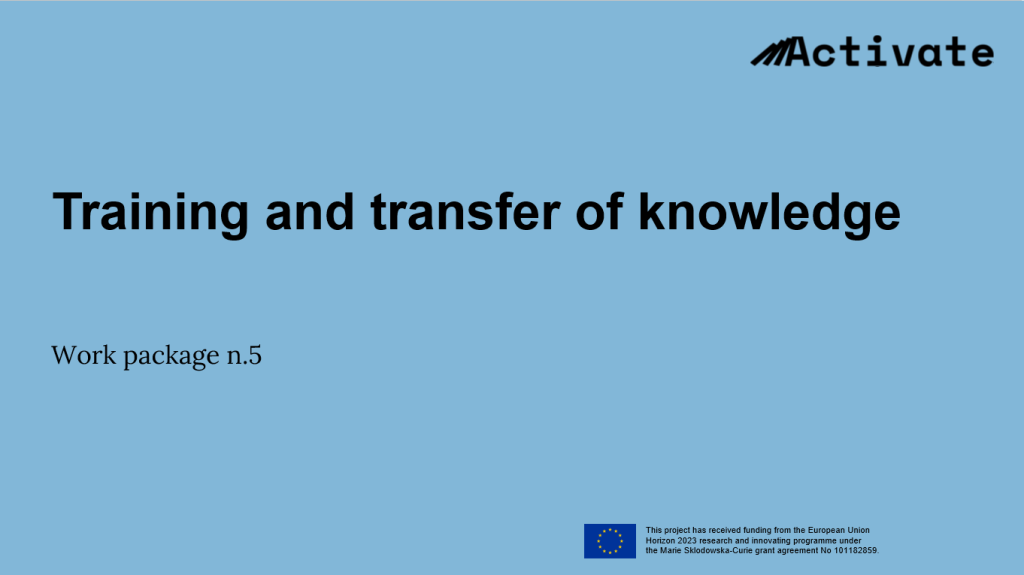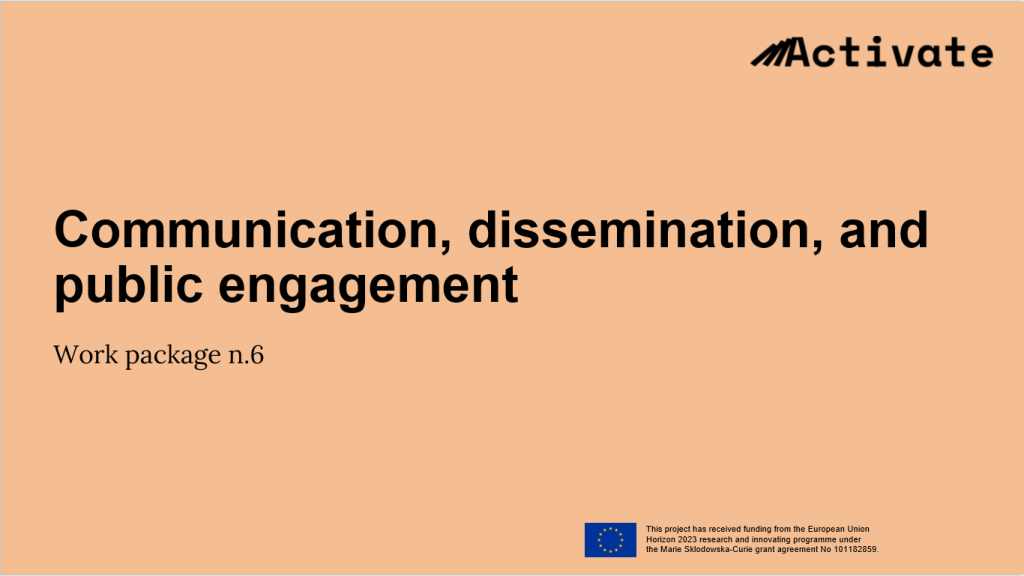About our project
Activate: the activist, the archivist and the researcher
Novel collaborative strategies of transnational research, archiving and exhibiting social and political dissent in Europe (19th-21st centuries)
In an extremely tense international context where European democracies are being weakened and even called into question, it is crucial to emphasise the importance of preserving and promoting the European cultural heritage represented by archives of political and social engagement. The project aspires to define the role and importance of collecting, archiving and promoting documents, objects and data in order to contribute to a renewed European history of social and political dissent from the beginning of the 19th century to the present day. Our three key points are:
- A chronological framework for integrating the history of engagement in Europe over a long period, from the early 19th century to the present day.
- A dialogue between partners in Western and Central Europe to facilitate the exchange of knowledge and expertise.
- Archive centres are considered as active partners and actors for individual and collective researchers engaged in political and social mobilisation, as well as valuable resources for research.
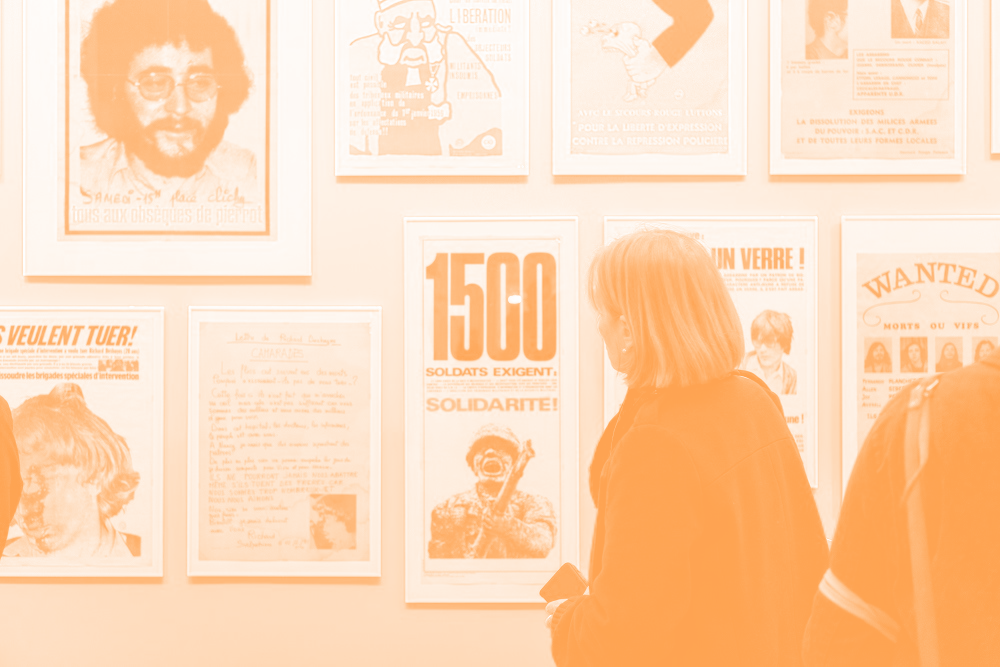
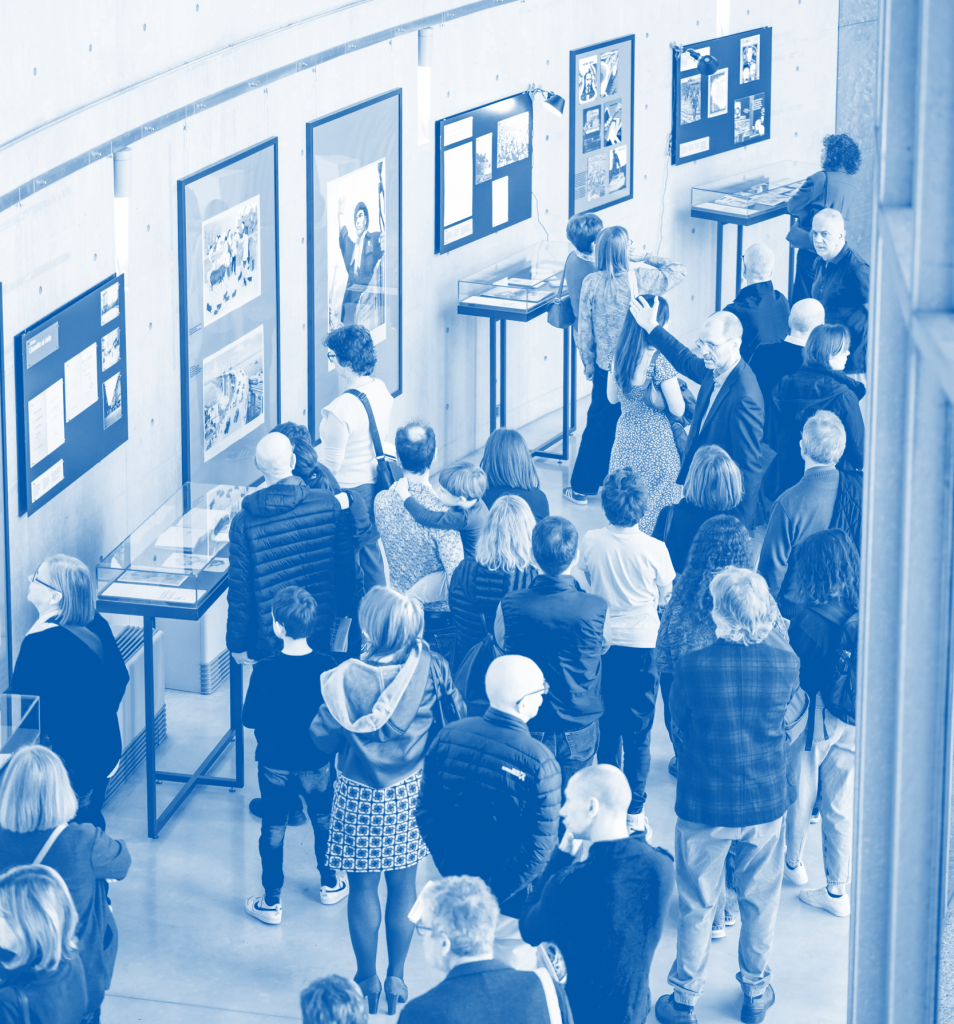
Inter-sectorial and interdisciplinary collaboration through the international research cooperation
ACTIVATE’s objective is to develop innovative methodologies and new knowledge as well as share best practice based on the principles of diversity, inclusiveness and open science between researchers, archivists, curators and public educators through a reflective approach on social and political dissent in a long-term, transnational and comparative perspective.
By focusing on the transnational circulation of people, ideas, discourse, practice and archives, ACTIVATE aims first to contribute to a new narrative on European protest and its relations with non-European spaces. Secondly, the project engages reflective archival, research and exhibiting practices to explore the role and impact of archives on different space and time scales, approaching them as an ecosystem of active agents of memory and change. Through secondments and networking, ACTIVATE partners will share their expertise and best practice on material, audiovisual and born-digital documents and data.
ACTIVATE strives for new synergies between academic research and heritage institutions, fostering better knowledge, integration and promotion of dispersed cultural heritage, which European democracies need to preserve with care.
A comparative transnational approach over the long term
ACTIVATE focuses on different forms of mobilization, both individual and collective, and civic engagement at local, national, European and international levels by addressing four cross-cutting themes:
- conservative and progressive forms of activism linked to the notion of revolution
- emergence and spread of feminist movements
- environmental struggles
- international solidarity with non-European struggles and mobilizations
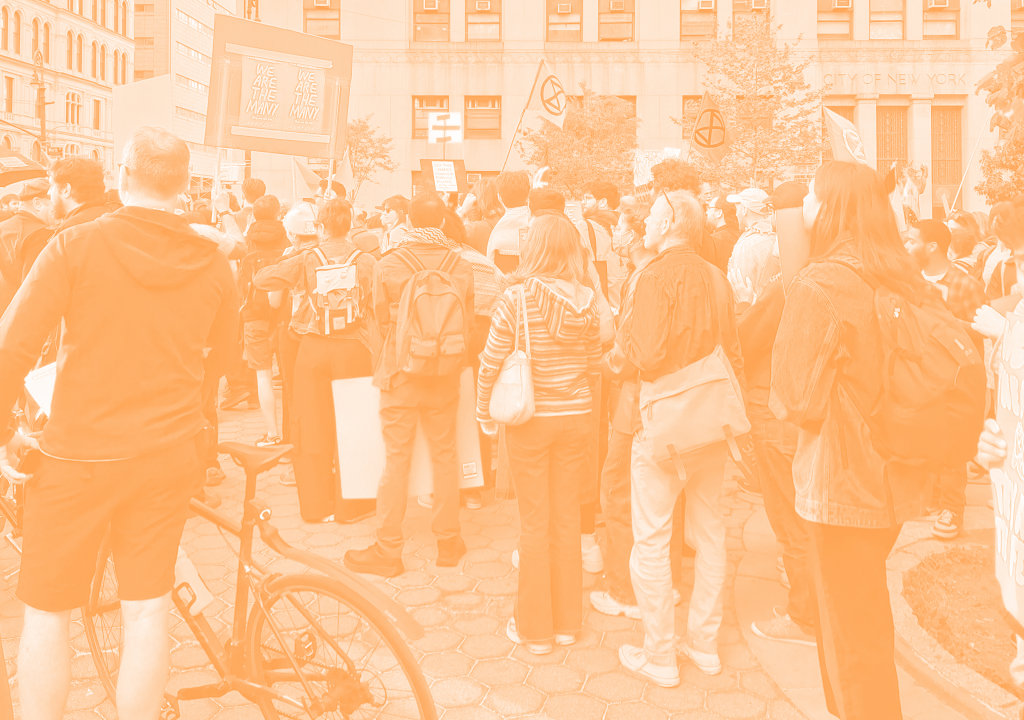
ACTIVATE articulates several case studies carried out individually or by several members of the team throught the secondments. Workshops, seminars, winter and summer schools will be organized all along the four years and two exhibitions will be held to conclude the project. Three scientific work packages and one dedicated to training activities structure the mobility programmes and international cooperation at consortium level.
Work packages
Work package n.3
Work package n.4
Work package n.5
Work package n.6
Activate newsletter
